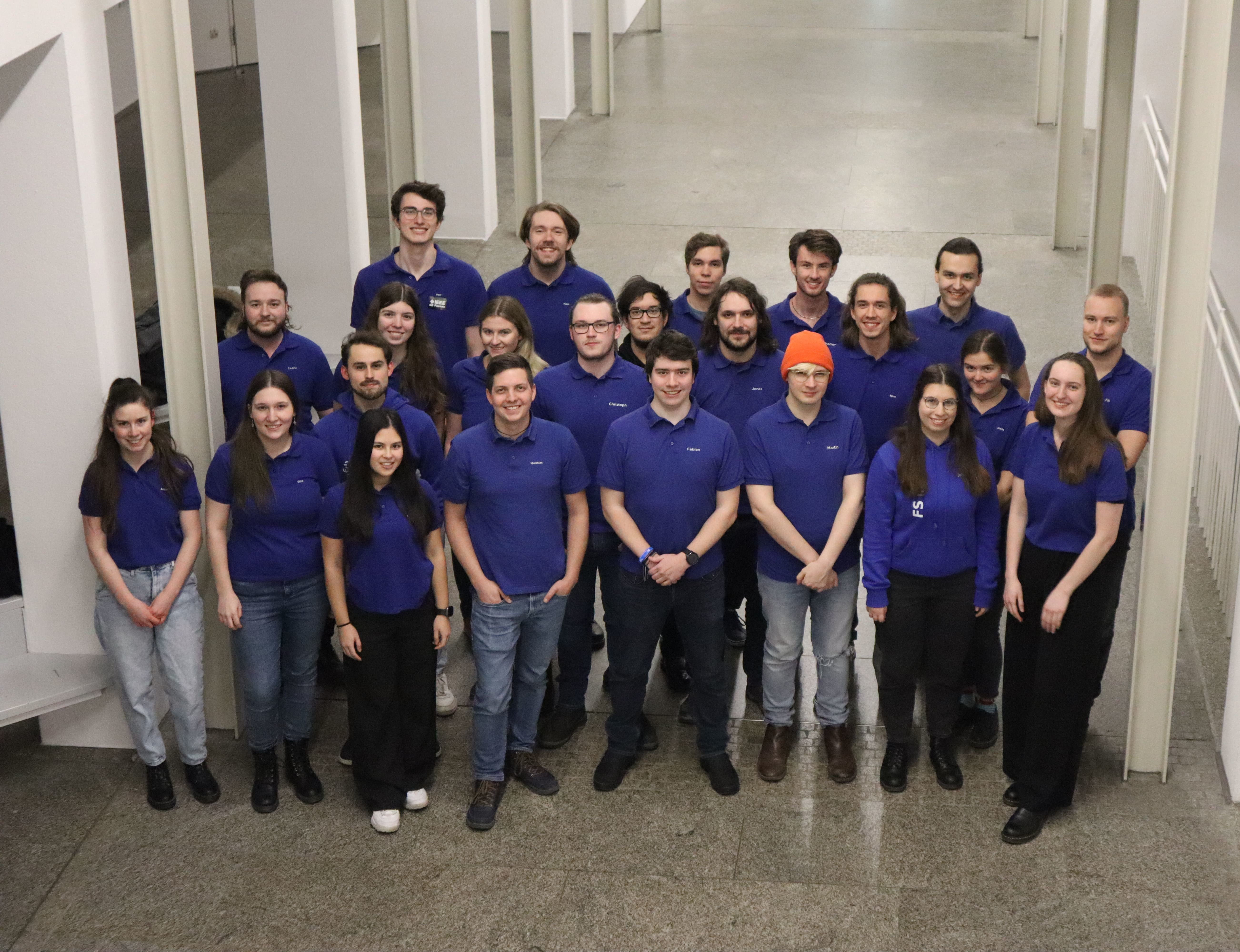Questions about EXA
For questions about our new campus portal EXA write an email to studierende-fragen-exa@uni-passau.de
Orientation week
Taking your first steps on the university campus without time pressure? The orientation week (O-week) makes it possible. It helps you find your way around the university campus, get to know your future fellow students and clarify your first questions.
You can find out more here.
